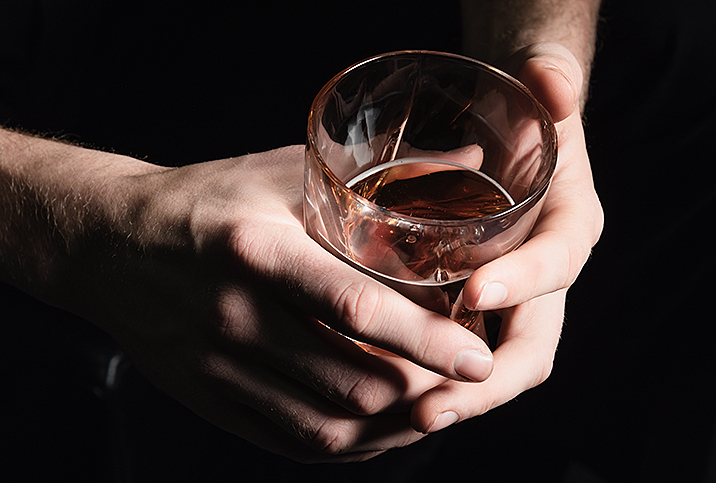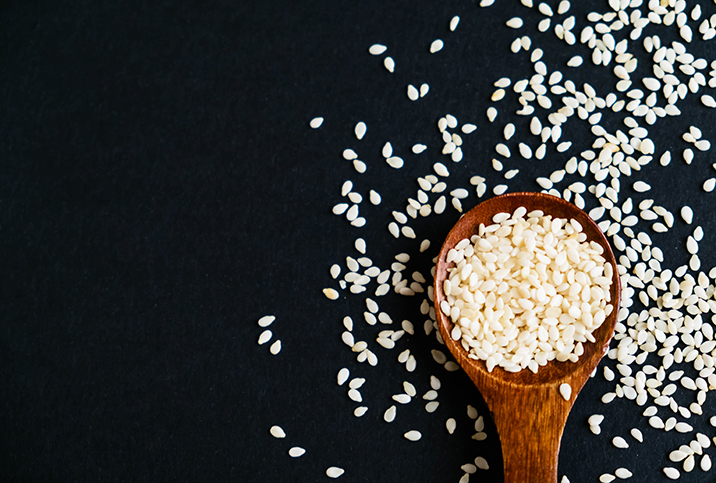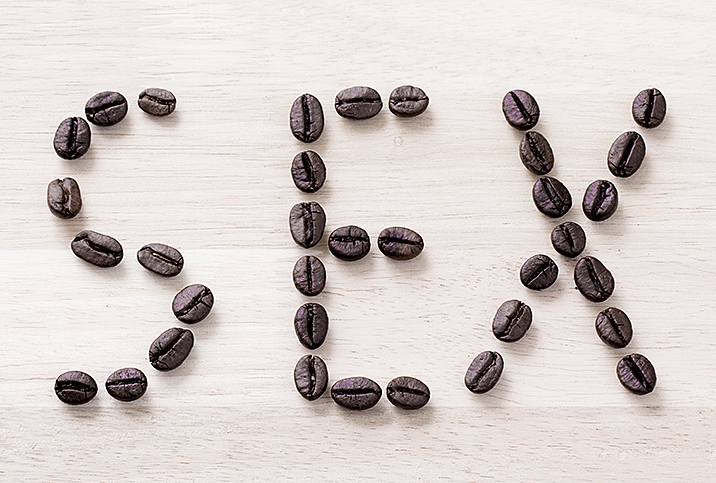Can Dehydration Cause Erectile Dysfunction?

Dehydration affects the human body in many ways, including poor erectile performance, chronic pain or discomfort, and a lack of vaginal lubrication. While guzzling fluids isn't the cure for all sexual problems, it might be an important step forward.
How dehydration happens
Dehydration occurs due to an insufficient amount of water consumption, but a number of other factors can play a role.
It's fairly well documented that high levels of sustained alcohol consumption can force your body to draw water from vital organs to rehydrate systems that are critical to daily life. Exercise can lead to dehydration, too. This means drinking enough water often isn't enough—if you regularly get dehydrated, pay attention to what else you're putting in your body or what you're putting your body through.
Dehydration and ED
Hydration may be associated with erectile function, though little research has been conducted on the subject. However, hydration increases blood and plasma volume, which improves blood flow, a vital part of healthy erections. When the body is dehydrated, it releases a hormone known as angiotensin, which constricts blood cells and can elevate blood pressure. This makes it more difficult for blood to flow through the body, including the penis.
Dehydration and lowered libido
Water helps the body regulate hormone production and distribution, and plays a role in other factors that impact mood. Dehydration contributes to an increase in cortisol, a hormone that causes elevated levels of stress. Thus, high amounts of stress can get in the way of "getting in the mood."
While contributing factors for libido are numerous and fluctuate frequently, creating a consistent pattern of hydration can stabilize some of them.
Pain before, during and after sex
Dehydration can contribute to both chronic and temporary pain, whether in the reproductive organs or other parts of the body.
For instance, headaches that prevent you from feeling ready for intimacy may be a direct result of your body's attempt to tell you to consume more water. This doesn't mean chugging a glass or two will instantly cure chronic migraines or set your loins ablaze with desire, but it can be a step toward relieving pain.
Other aspects of dehydration-related pain involve the body's natural self-lubrication. Women who experience vaginal dryness or pain during sex may not have enough water in their body to produce fluids crucial for comfortable, pleasurable sex. While using lubricant is a great solution, staying hydrated may help solve the problem at its source.
Sex is a physical activity akin to exercise. If you initiate sex when you're just slightly dehydrated, it could exacerbate the issue. If you're feeling pain or discomfort after intercourse, consider whether your body was hydrated enough to support rigorous activity.
Dehydration and increased fatigue
Dehydration causes blood pressure to spike or drop, and can impact your mood negatively and disrupt healthy sleep cycles. All of these factors can cause fatigue or other issues with feeling rested.
If you find yourself losing sleep, feeling grumpy or irritable, or experiencing any of the symptoms already discussed, you probably also feel tired day to day. Take a look at your water intake levels over the past week if you are having trouble identifying the cause of the fatigue. Low or inconsistent water consumption may be the culprit. Drink more water consistently, and after a couple of days you should notice an increase in energy.
Signs of dehydration
Look for symptoms that may indicate low-hydration levels. The next time you're thirsty or experience a headache, reach for a glass of water rather than juice or soda.
If you find yourself regularly experiencing stiffness in your joints or ligaments, dehydration may be to blame. Water helps strengthen muscle fibers and assists them in recovering from activity, which is crucial for everyone and especially for people who regularly exercise.
If you still feel hungry after a large meal, your body might be sending signals to your brain to hydrate.
Paying attention to these basic bodily functions and addressing them can contribute to a healthy, happy sex life. Drinking several 8-ounce glasses of water per day can provide optimal results.

















